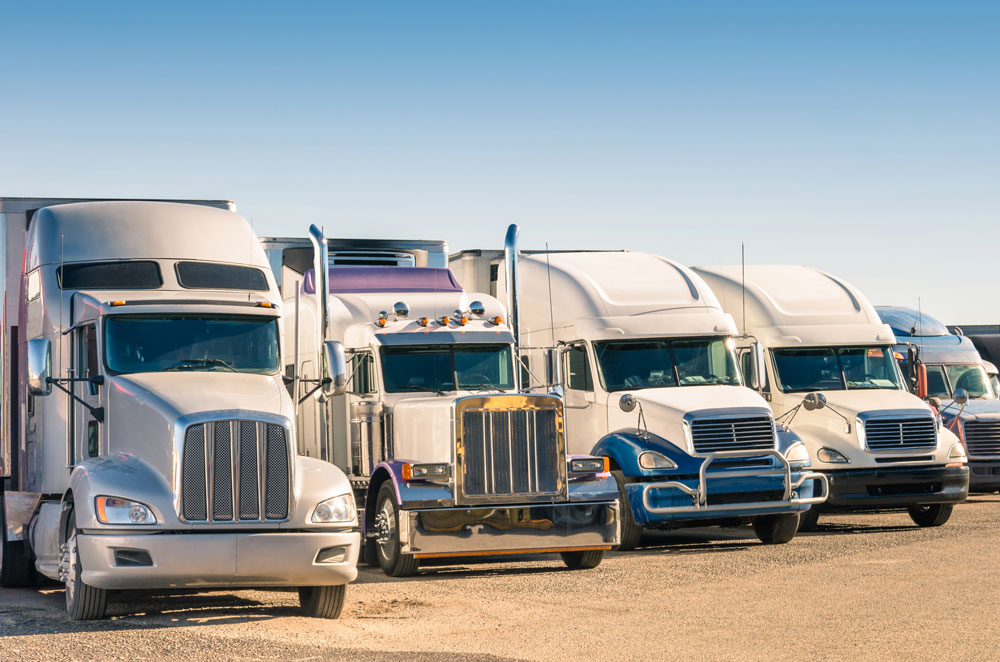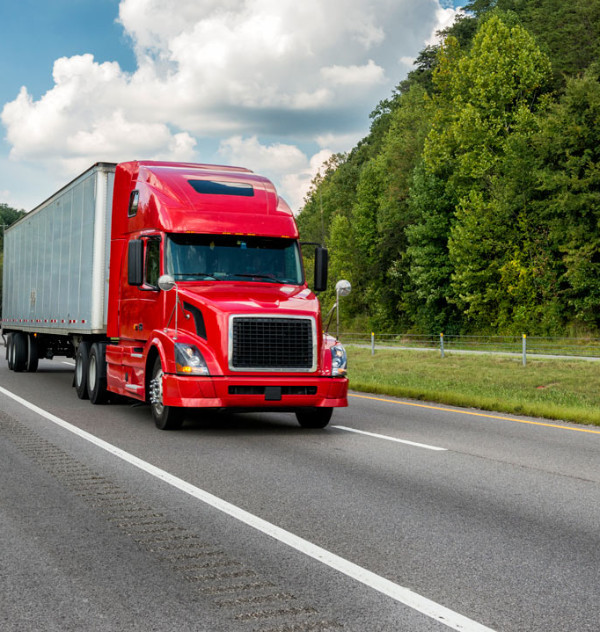Dump truck insurance is necessary if you own this type of vehicle. Any truck that is driven on the road must be insured. It’s a legal requirement that will also financially protect you should the unexpected occur.
Consider the amount of money you invested into your dump truck or the amount you will invest when you buy one. The vehicle itself can cost between $100,000 and $150,000 to buy new. Used models can fall between $15,000 and $100,000, depending on model, age, and condition.
Then there are the thousands of dollars you may have to put into maintenance over the life of the truck. Newer models may come with warranties, but eventually, the cost will fall to the owner. Tires alone can cost upwards of $1,000 each.
The estimated cost of the average dump truck is over $100,000 with more than $700,000 in related expenses over a seven-year lifespan.
The cost will vary, but it’s easy to see how an initial purchase and basic care and maintenance can quickly add up. This is an investment that you will want to protect with dump truck insurance.
Dump Truck Insurance and Accidents
Dump truck insurance also helps protect owners from financial ruin after an accident. This type of vehicle shares the road with smaller passenger cars and trucks. They are used to transport loose material, haul garbage, or dispose of hazardous waste. All three of these come with added risk while the vehicle is in motion.
Their weight and size alone is a threat to other people on the road. Dump trucks are primarily designed to be driven around job sites, which means they are not usually built with regular street driving in mind. When a dump truck is involved, an accident is more likely to be catastrophic.
Even an experienced licensed driver can wind up in an unexpected situation. You need to know that your dump truck insurance will be enough to cover damage to your property as well as the property of a third party and medical expenses if needed.
The U.S. Department of Transportation reported that an average of 500,000 truck accidents happen on highways and roads across the country each year. Approximately 75% of those are caused by smaller passenger vehicles.
The Bureau of Labor and Statistics found that there is an average of one dump truck-related fatality per week in the U.S. You need to be prepared before you or an employee takes your truck onto the road.
What Dump Truck Insurance Do I Need?
Dump truck insurance falls under the general commercial vehicle category. You must have enough liability coverage to drive legally.
A basic commercial dump truck insurance policy will give you the mandatory coverage needed to drive. This will include minimum bodily injury and property damage liability amounts based on your state’s laws.
Meeting your legal obligation is the first thing you should do. However, it may not be enough if you truly want to be protected in case of a dump truck accident claim. You should consider adding the following to your policy to fully protect your investment.
- Motor Truck Liability Insurance – Motor truck liability will protect you in case your vehicle causes damage to a customer’s property.
- Motor Truck Cargo Insurance – Cargo insurance covers the materials that your truck hauls. This may be required to operate legally.
- Physical Damage Coverage – Physical damage coverage will pay for damage to your dump truck. This is usually required when leasing from a dealership.
- Collision Insurance – Collision coverage will pay to repair damage to your truck if you collide with an object or another vehicle.
- Downtime and Rental Reimbursement – This coverage provides funds to continue business operations while your dump truck is being repaired after an accident. It will also cover commercial losses if you cannot continue to operate.
- Environmental Insurance – Pollution coverage will pay for fines, clean-up, and other expenses related to pollution caused by your vehicle.
- Off-Season Comprehensive Insurance – If you operate seasonally, then off-season comprehensive insurance will cover your vehicle when it is not in use. You have financial protection and pay less when you aren’t driving.
How Much Will I Pay for Dump Truck Insurance?
The amount you will have to pay to keep dump truck insurance will vary. It’s impossible to provide an exact amount without requesting an Insure Trucking quote. However, you should be aware of several factors that will impact the average cost of coverage. These include:
- Where you are located and operating from
- You or your driver’s motor vehicle report (MVR)
- Any past claims or losses incurred from driving
- Any past speeding tickets or accidents on record
- Your operating radius
- The make, model, and year of the truck
- The number of vehicles in your fleet
- Your business’ years in operation
Anyone who owns a dump truck wants to get the best insurance coverage for the lowest rate. There are a few things you can do to help keep your costs low. One is through a proactive workplace safety program.
Have safety policies in place to reduce the risk of accidents in or around the vehicle. You should conduct regular safety meetings. Business owners should also have a thorough vetting process in place when hiring new drivers.
Make a pre-trip inspection mandatory every time the dump truck is used.
These steps will lower the risk of an accident. Fewer accidents and claims mean that your dump truck insurance rates will stay as low as possible.
How Do I Get a Dump Truck Insurance Quote?
You should request a dump truck insurance quote before you buy or drive the vehicle. Getting one is easy. Visit InsureTrucking.com and click our “Get a Quote Now” button. Answer the questions provided and we will email or call you with your personalized quote.
You can also call us at 866-307-5480 to speak to an insurance agent. Let us help you find affordable dump truck insurance that will protect you, your drivers, and your business.



